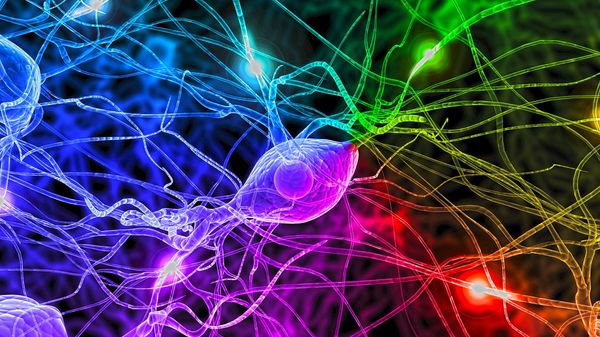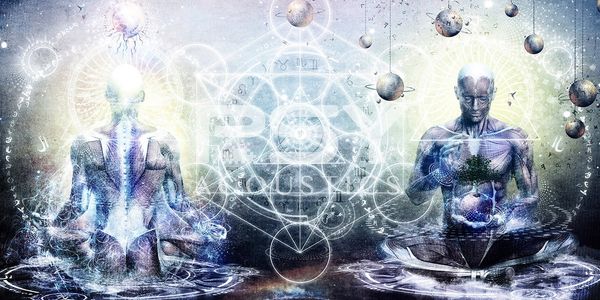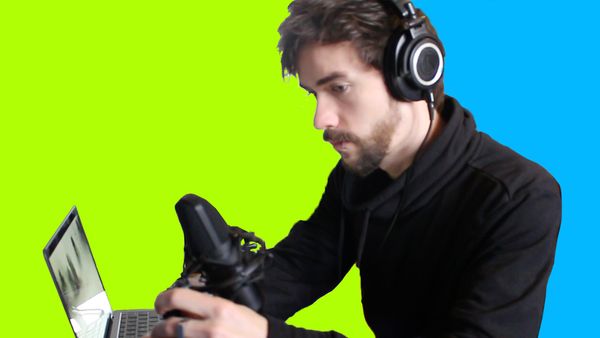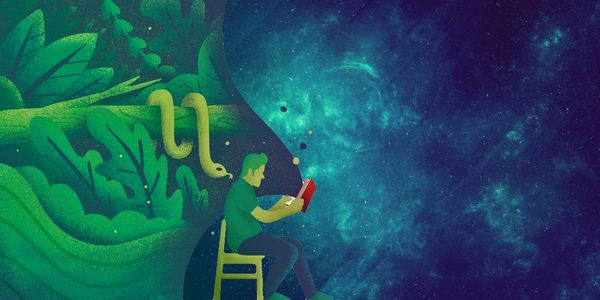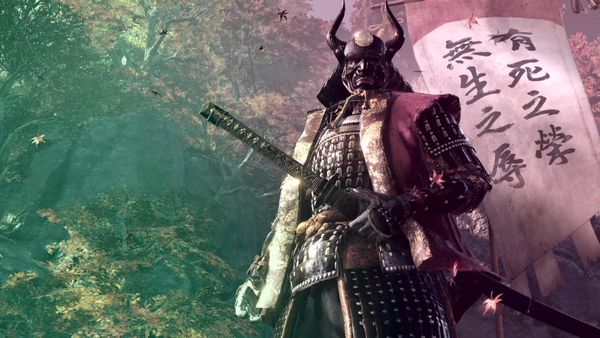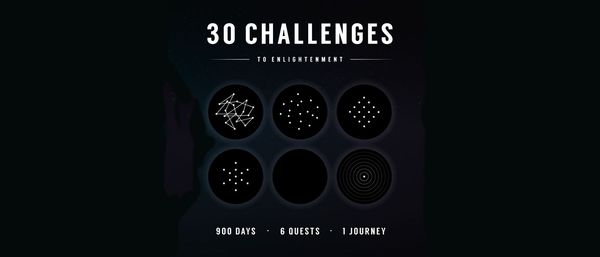Daniel Goldsmith • • 4 min read
Short Meditations on Utopia Pt. 1/3
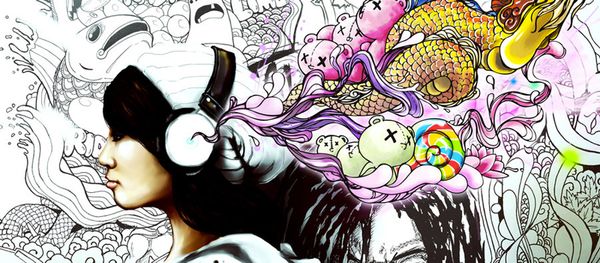
In the next few posts, I want to discuss the human tendency to get lost in imagining ideal states of affairs. I often find myself getting lost in utopian vision on many levels. There’s the persistent feeling, why can’t things be more like (fill in the blank)? This perpetual dissatisfaction with the current state of affairs is one of the aspects of what the Buddha meant by suffering (dukkha).
It’s tough not to look out at what’s wrong with the world (and all the people in it) and not think “if only.” If only things were more like… then everything would be better. Once we eliminate poverty, war, and ignorance, then we could get on with the real task of living! Even though I know that the grass isn’t really greener on the other side, I just can’t seem to stop myself from fantasizing about being immersed in lush emerald fields, where the rivers run clear with sweet water and the animals live in perfect harmony, where no one suffers from lack…
I’ll be looking at this issue from six different perspectives.
1) Evolutionary Perspective
A few years ago, I faced a choice: put my job on hold and follow a dream to write a book, or stay in my position to ensure I wouldn’t lose it. For days, I vacillated between the options. The little boy inside me said go!, but I couldn’t bring myself to deviate from the known path. When I needed to give my decision, I was in the middle of opting for the safe road when a funny thing happened: my body literally revolted. My stomach churned, my legs moved like iron weights, and my face contorted with regret. My boss saw this happening and asked, “Daniel, what do you really want to do?”. She encouraged me to change my decision, and when I did, the tension disappeared throughout the body like water draining from a tub.
Could our ancestors, hunting wild game in Africa so many thousands of years ago, ever have envisioned such a paralysis? Could they have foreseen where this Promethean ability to concoct multiple scenarios would lead? Would their budding ability to anticipate where that gazelle might turn have led them to envision that one day, their descendants would occupy a society so preoccupied with the possible that it rarely appreciated the present?
Generation after generation, they competed with each other and all the species of the savannah. And little by little, the advantage of being able to anticipate future outcomes contributed that much more to survival. And yet, what started off as a remarkable way to enhance life has now resulted in neurotic individuals preoccupied with charting every possible consequence of their actions, incapable of trusting that basic intuition that says “go this way!”
In meditation, I observe the workings of this monkey mind without getting so caught up in it. At times, I sense that my greatest potential will not be actualized by continuing to grind out visions of future states of affairs, but rather in reacquainting myself with that silent space out of which all future ideas come and into which they gently dissolve, if only I let them. This is where I found the knowledge of what to do about my job, where I found love at first sight, where my truest creative inspiration emerges. It’s a space where I realize that I don’t have to believe everything that I think.
Meditation:
Sit with yourself quietly for a few minutes and notice the contents of your mind. What is the nature of your thoughts? Are they solid? Do they bother you? How often do you find yourself lost in a state of affairs that doesn’t really exist? Just observe; try not to react.
2) Relationship Perspective
“As you now behold one another, you are probably seeing each other at your best. All things disintegrate in time, and as the years go by you will tend to get worse rather than better. Do not, therefore, go into marriage with projects for improving each other.”
Alan Watts
What, you’re telling me I can’t expect my wife to change?!
Giulia and I witnessed a magnificent display of colors atop Mt. Royal one autumn afternoon. Above the commotion of the city, a halo of pastel pink stretched across the horizon; the sun set behind us, leaving the sky ablaze with fiery orange. It was one of those moments where you’re almost afraid to take out the camera, for fear of missing out on what you’re trying to capture.
As we rode our bikes in the descending darkness, Giulia remarked how lucky we were to have had clouds in the sky this day. I hadn’t really thought about it that way. When I think “sunset”, the role of the sun seems paramount. It had been right in front of me all that time, but it didn’t click that it’s actually the ‘obstacles’ to the sun’s rays that bring out its most striking hues.
I often lose sight of a parallel process in relationships as well. When I struggle with my lover, there’s a tiny voice in the back of my head saying, please, I hope this is the last time we have to go through this. Our love would be so much easier if only we could overcome these hang-ups. Obscurations and ignorance: why can’t you just blow away?!.
Falling in love is easy; relationships are hard. At times, I have made mine much harder than it needed to be by unconsciously undertaking a crusade to eradicate neurosis, both in my partner and myself. What I didn’t realize is that the undesirable ‘clouds’ have brought out levels of patience, compassion, and love I didn’t know I had within myself.
Our clouds have catalyzed our growth and evolution into more loving beings. That’s easy to say now that the sky is relatively clear and calm; whether I remember during the next storm that the most beautiful moments come in that delicate balance between light and obstruction, remains to be seen.
Meditation:
What do you gain from your partner’s obscurations? Ask yourself what your ideal image of your partner would be. Then ask yourself what you would do if your partner became exactly what you wanted him/her to be.




